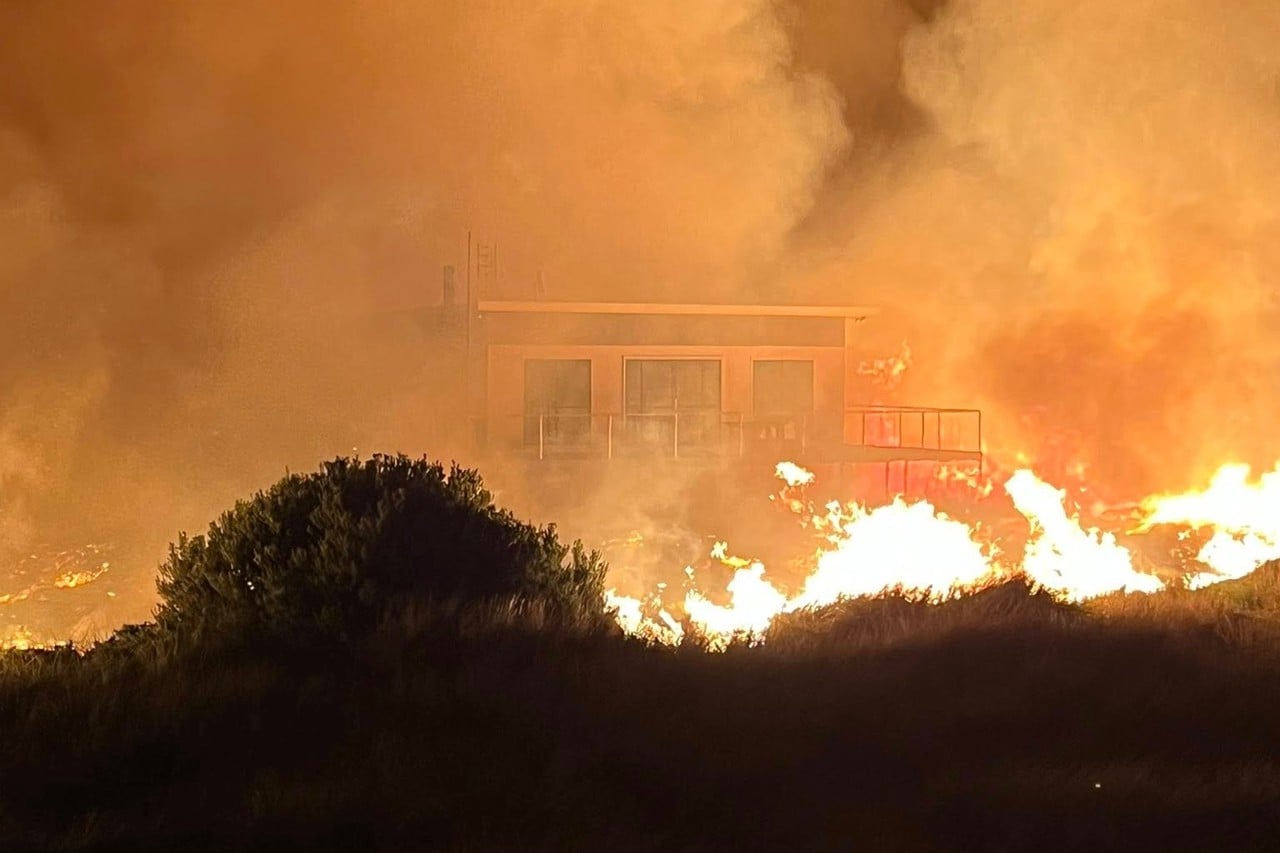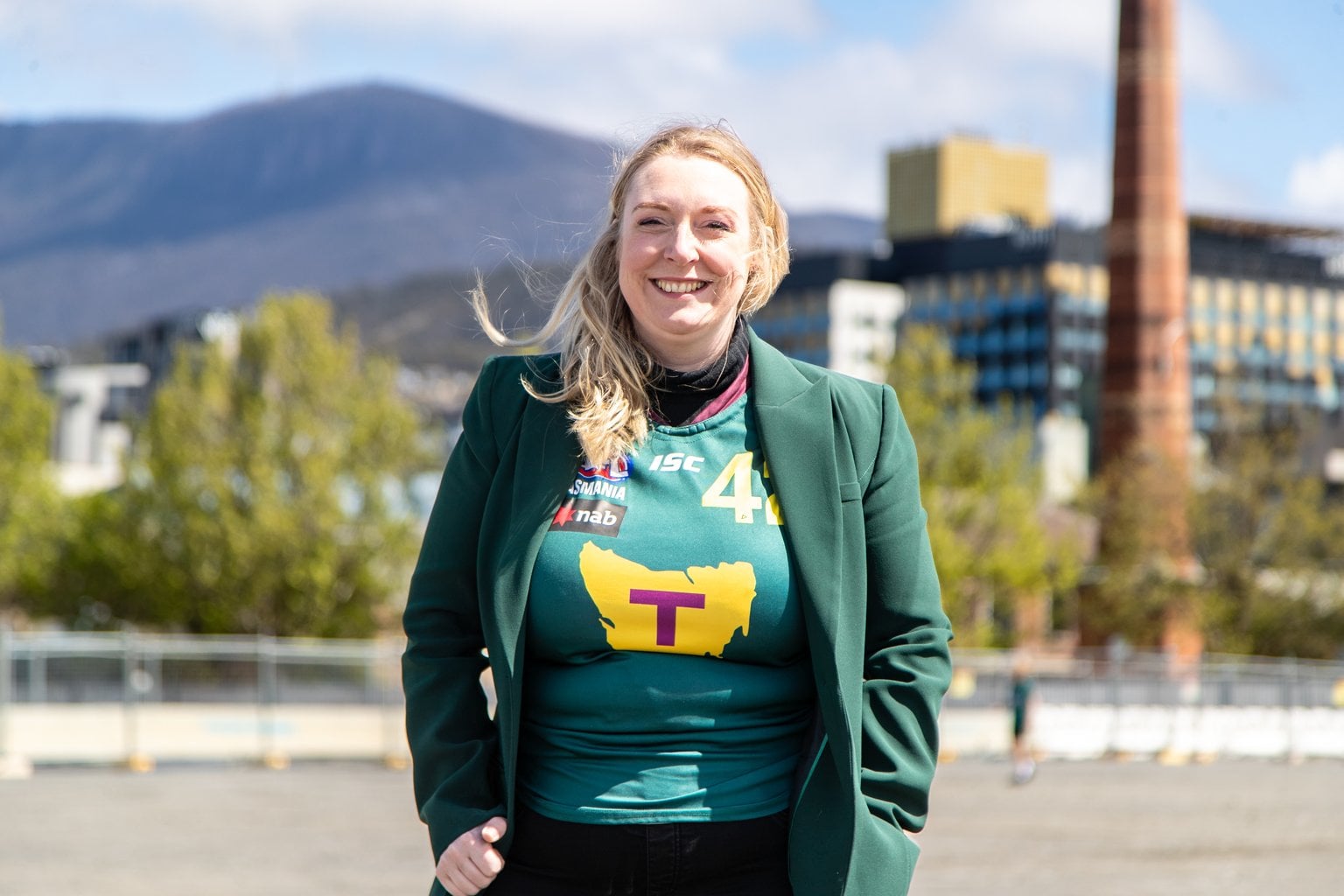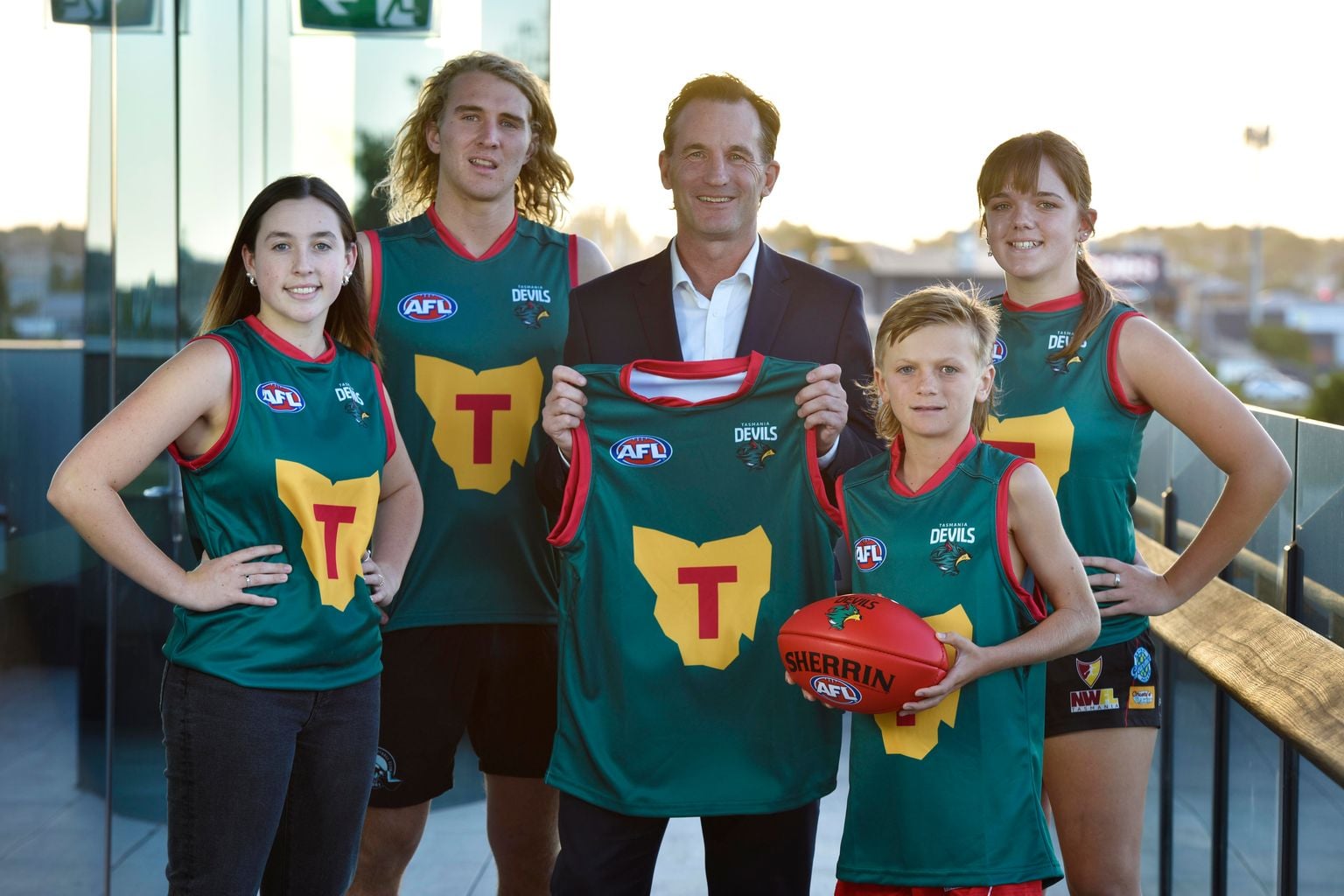Three hospital wards worth of Tasmanians are stuck in acute care beds despite being medically cleared to leave, sparking a united call from state leaders for federal intervention.
Premier Jeremy Rockliff says between 90 and 100 vulnerable Tasmanians are stranded in hospitals on any given day, waiting for residential aged care places or access to NDIS support services.
“These are Tasmanians who deserve to be with their loved ones in a supportive environment where they can heal and rest in their own home,” he said.
With the average daily cost of an acute care bed being $2,247, it means the stranded patients are costing Tasmania’s health system around $215,000 a day.
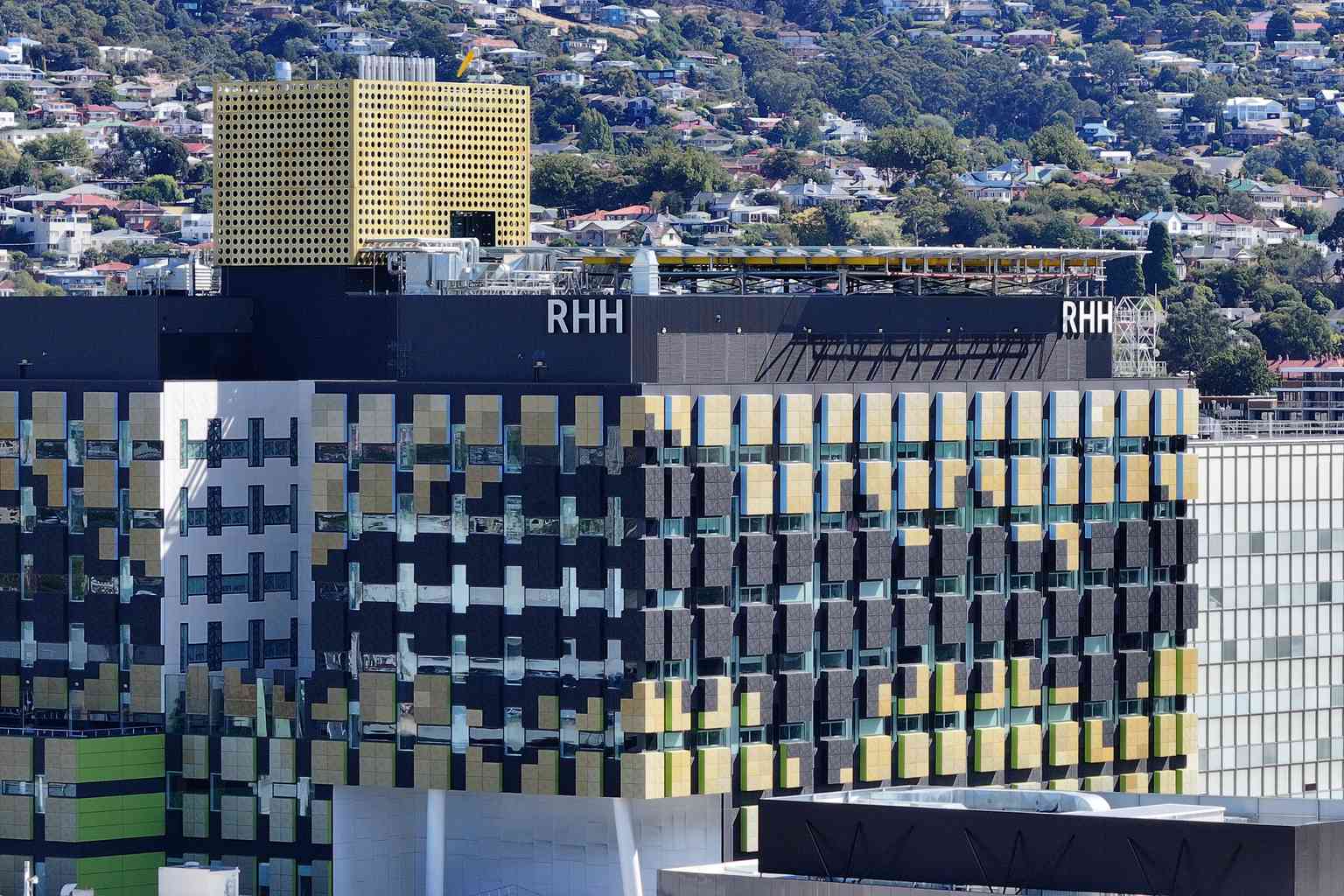
Rockliff has joined other state and territory leaders in demanding the Commonwealth step up and deliver on its responsibilities.
“We all agree that this situation is not good enough and the consequences are being felt across Tasmania’s health system,” Mr Rockliff said.
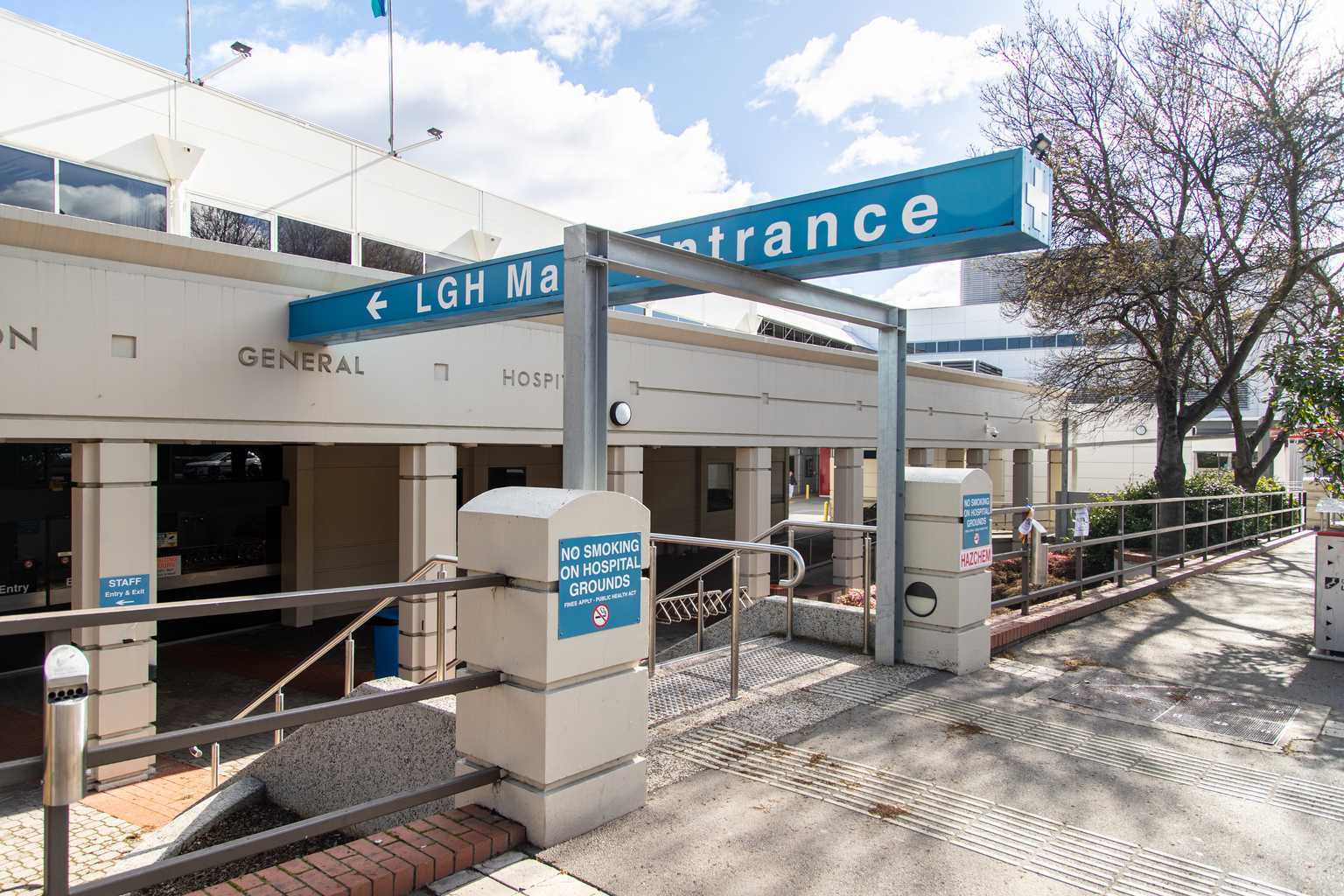
The crisis is compounded by what the state government says is a federal backflip on the 2023 National Health Reform Agreement, leaving Tasmania facing a $673 million health funding shortfall over five years.
“The Federal Government made a commitment to Tasmanians to increase its share of public hospital funding to 45 per cent and we are holding Labor to that agreement,” the Premier said.
Australian Medical Association Tasmania President Dr Michael Lumsden Steel says the funding gap is crippling the state’s ability to build new infrastructure and maintain existing facilities.
“$670-plus million is a hole that we just can’t afford to cover,” he said.
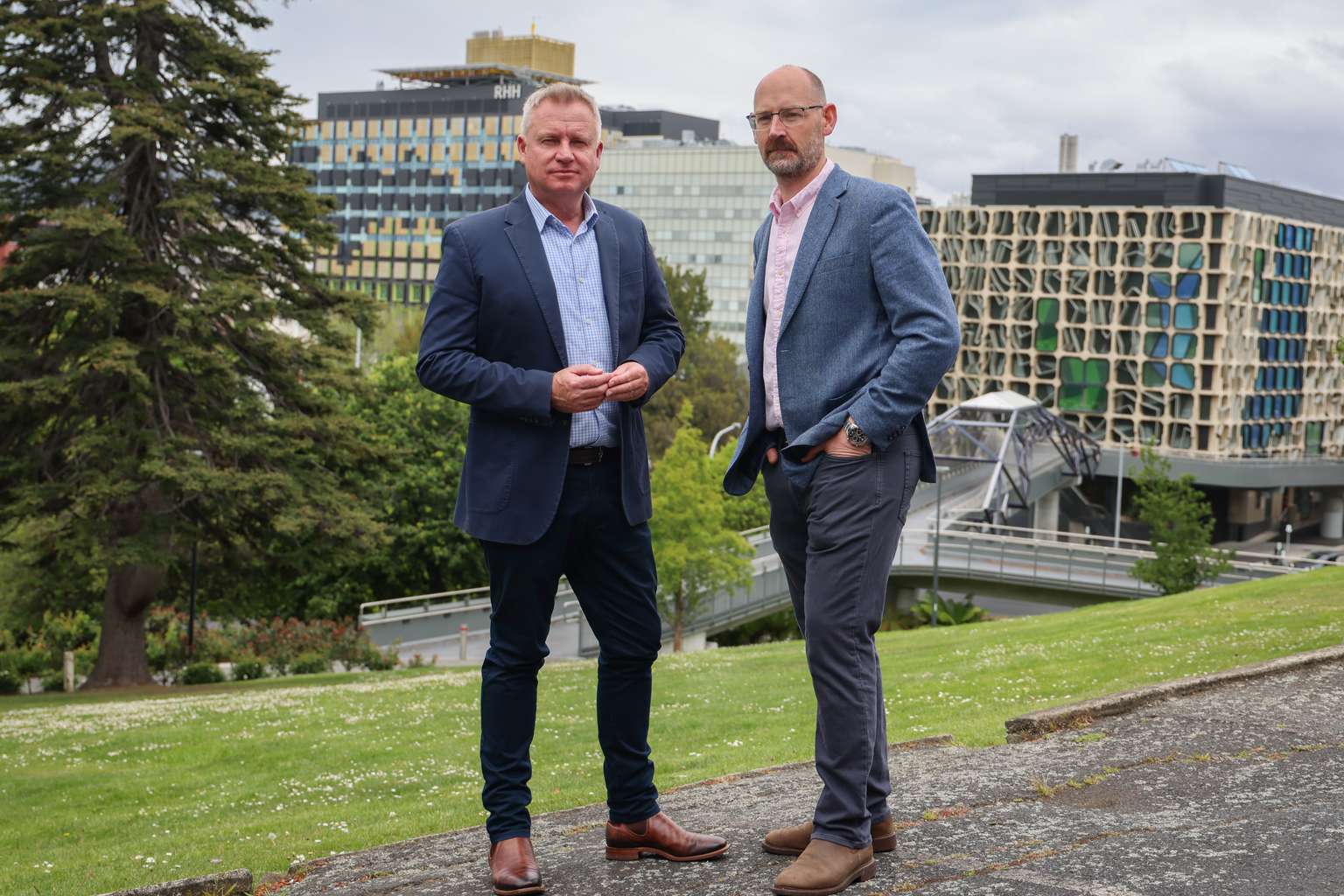
Dr Lumsden Steel says the bed-block problem stems from insufficient primary healthcare funding and a lack of pathways to move patients out of acute care.
“We need to provide a pathway for them to get out literally within 24 hours,” he said.
The crisis is forcing hospitals to cancel elective surgeries as the only way to manage capacity, with facilities regularly running at or above 100 per cent.
“Patients continue to be put on standby or their cases are cancelled because the hospitals are running at or over 100% capacity,” Dr Lumsden Steel said.
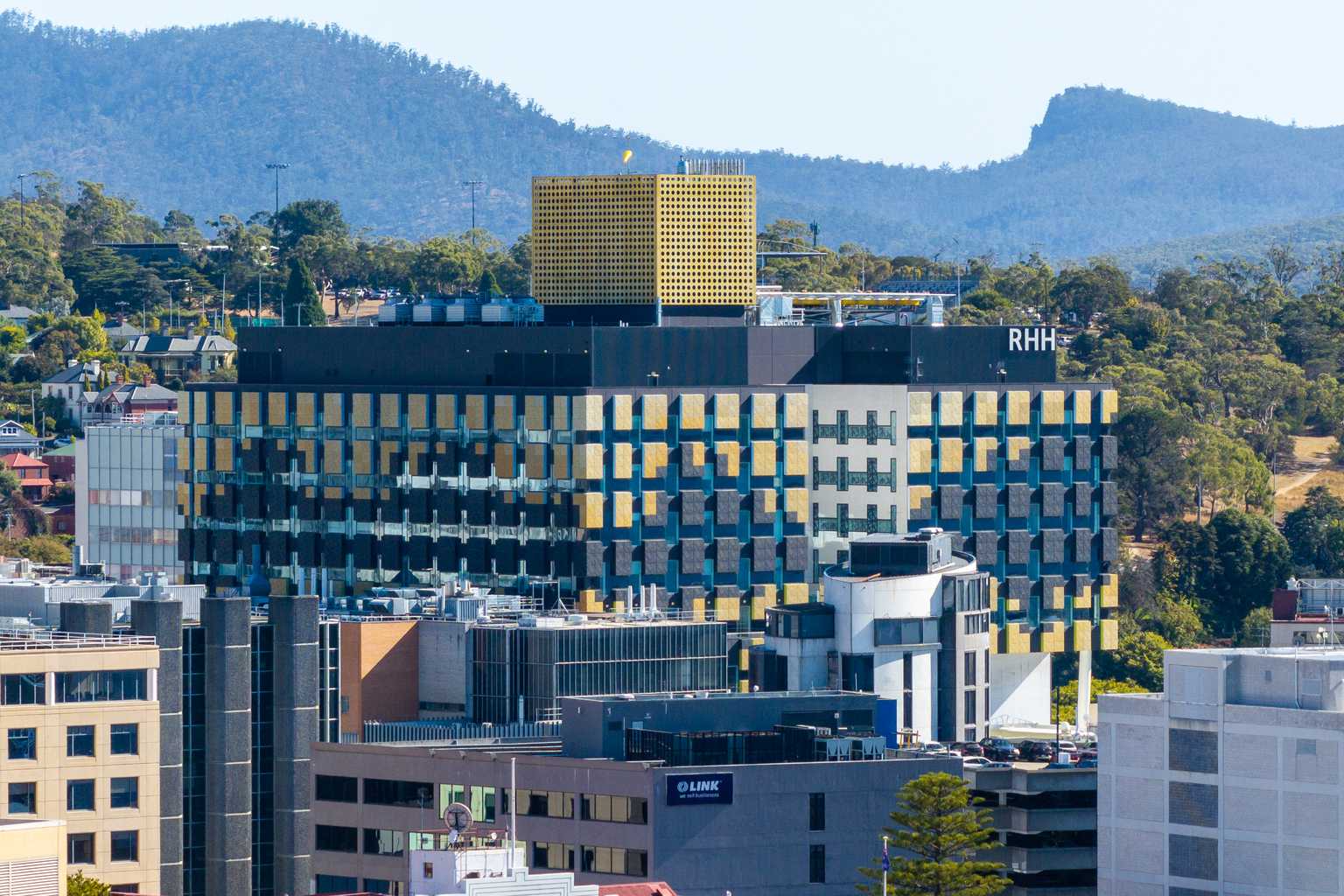
He has called for major reform, suggesting Tasmania could become a trial site for a single-source funding model where the federal government provides money directly to the state to administer.
“AMA Tasmania has been calling for an end to this blame game,” he said.
The association says the funding is desperately needed for new mental health precincts in Launceston and Hobart, replacing the mother-baby unit, along with upgrades to the Royal Hobart Hospital.
“The Feds need to step up here,” Dr Lumsden Steel said.
A federal government spokesperson said negotiations had recommenced on hospital funding and NDIS reforms, in the hopes that changes would be finalised by the end of the year.
“The commonwealth is prepared to negotiate in good faith and looks forward to discussing the offer with states,” they said.
“The government doesn’t want Australians to spend longer in hospital when they can be receiving care back at home or in aged care.”


